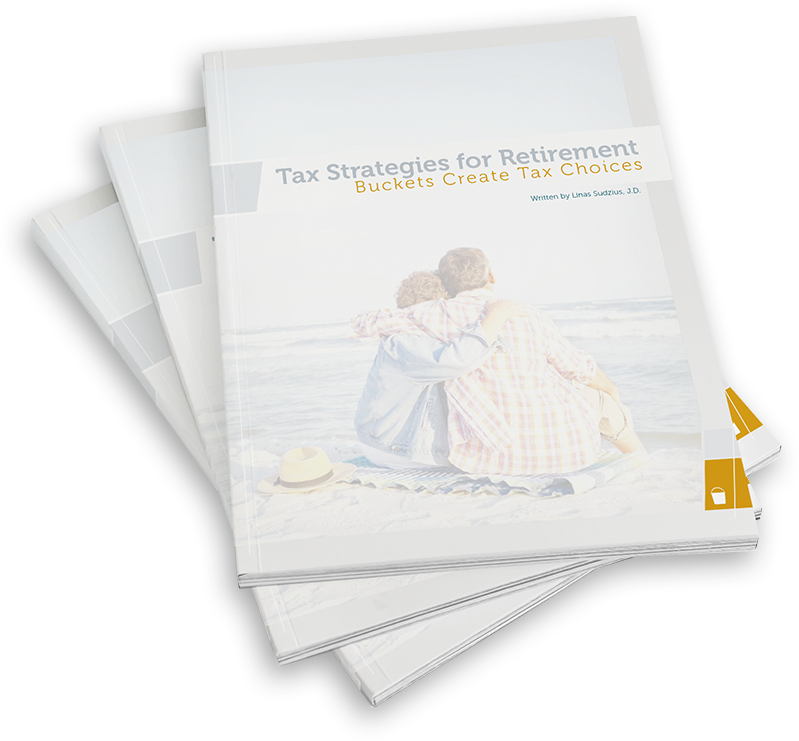If you are approaching retirement or are already retired, you may be wondering about what the best plan of action is for your savings. With interest rates at such an historically low level and the Covid-19 crisis still with us, it’s natural to look for methods to reduce the risk of market losses and low rates of interest. One solution is to look for products where your principal is protected against market losses and at the same time provided with the opportunity to achieve rates of return that are historically higher than the rate of inflation.
One such product that is worthy of your consideration is a fixed indexed annuity or FIA. Fixed indexed annuities are written by many insurance companies and provide investors with the above-mentioned opportunities. Fixed indexed annuities set sales records in 2019 with overall sales at $73.2 billion according to Winks Sales and Market Report.
So what is a fixed indexed annuity and what are the advantages and disadvantages to purchasing such a product? An overview of fixed indexed annuity features that are common to most fixed indexed annuities are secure principal, option for lifetime income, penalty-free withdrawal provisions, bailout provisions in the event of a terminal illness or confinement in a long-term care facility, and tax deferral. One disadvantage is that your money would not be as liquid as compared to a brokerage account due to surrender charges for money taken out during the surrender period in excess of the penalty-free amount. For most annuities the penalty-free amount available is 10% per year until the annuity has reached the end of its term. It is not uncommon to see most annuity surrender charge periods vary anywhere from seven to 15 years. At the close of the surrender charge you are free to withdraw all of the money in your account.
A fixed indexed annuity seeks to protect your money from market declines and ties the return to various market indices. When the market has a positive return you can participate in those increases and at the same time be protected against negative returns when the market declines. Not all fixed indexed annuities are created equal and many have caps that restrict how much you can earn per year. So a word of advice would be to look for a fixed indexed annuity that has uncapped strategies and does not limit the amount of gains made in a year of positive market returns.
My conclusion is that with respect to retirement planning, indexed annuities offer greater overall benefits then directly investing in stocks or even in a market index. Debt instruments like bonds and CDs are guaranteed but those guarantees limit upside potential. Fixed indexed annuities offer advantages such as tax deferral, death benefits, lifetime income options, and probate avoidance which makes indexed annuities a great candidate for a portion of your retirement plan.
If you would like more information on how an uncapped fixed indexed annuity may help you to reduce risk for a portion of your retirement, please reach out to our office. We can arrange a Zoom visit where we can learn more about you and your specific situation.

